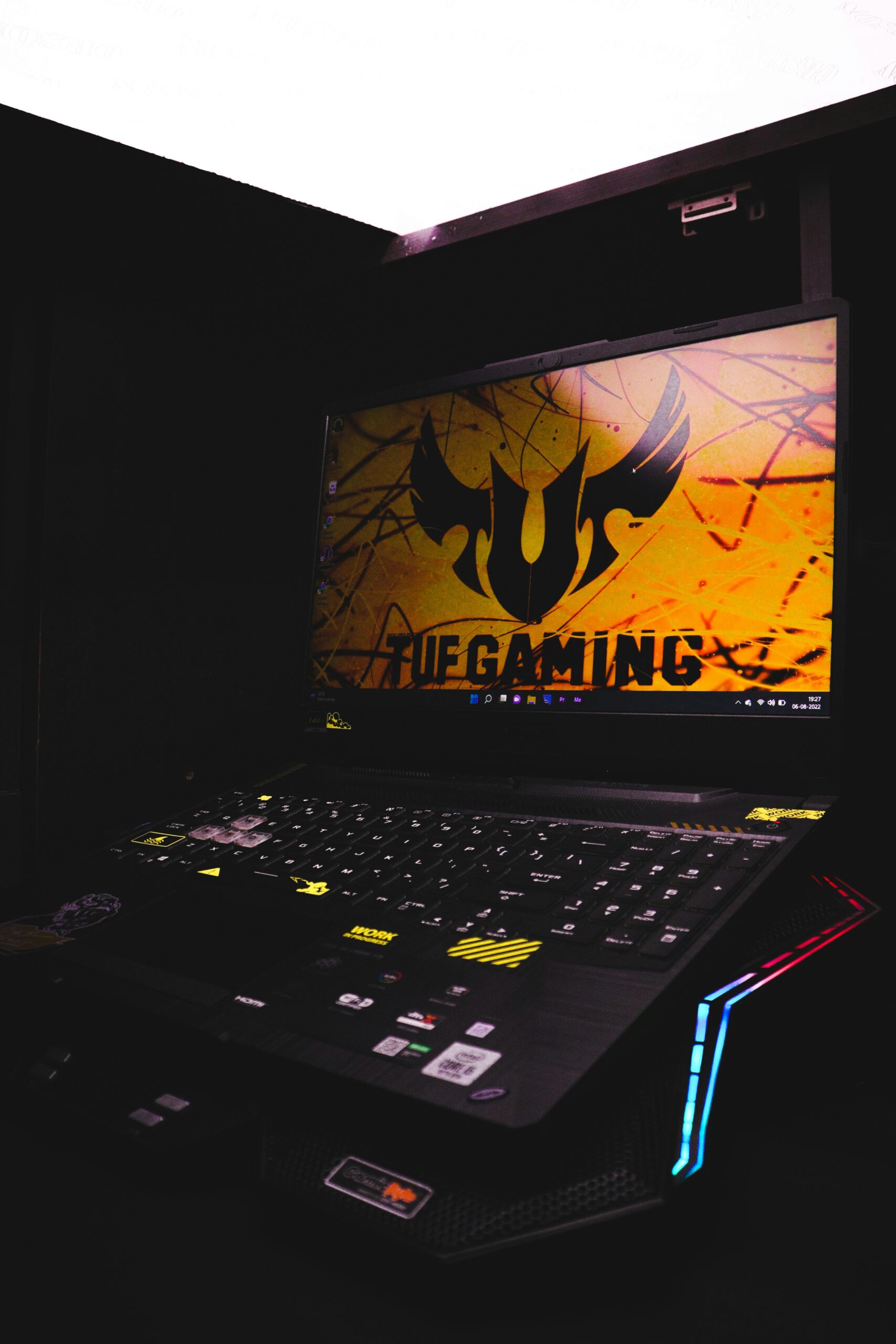Physical Address
Ottawa ,ON, Canada
Physical Address
Ottawa ,ON, Canada

Looking for the best laptops for AI development in 2025? This guide covers the top models, including specs like GPU, RAM, and storage—perfect for machine learning, deep learning, and serious AI workloads.
Artificial Intelligence development requires serious computing power. If you’re searching for the best laptops for AI development in 2025, you’ll need more than just a standard machine. From training deep learning models to running frameworks like TensorFlow and PyTorch, your laptop must deliver high‑end GPU performance, plenty of RAM, and reliable storage.
In this guide, we’ll compare the top laptops for AI development in 2025, explore key specs to consider, and highlight models trusted by developers worldwide.
AI development tasks such as machine learning, neural networks, and natural language processing require more resources than typical office work. A laptop designed for AI ensures:
Investing in the right laptop now saves you from slowdowns and bottlenecks later.
The GPU is the most critical component when choosing the best laptops for AI development 2025. AI frameworks rely heavily on GPU parallel computing for training models.
Recommended GPUs:
👉 Learn more about why GPUs matter on NVIDIA’s CUDA page.
While GPUs handle most heavy lifting, a strong CPU ensures smooth data preprocessing and environment management.
Working with AI means managing massive datasets and multiple environments.
Datasets can quickly consume space. Look for:
Here’s our curated list of the best laptops for AI development in 2025:
| Laptop Model | GPU | CPU | RAM | Storage | Battery Life | Best For |
|---|---|---|---|---|---|---|
| Dell XPS 17 (RTX 4070) | NVIDIA RTX 4070 (8GB) | Intel Core i9-13900H | 32GB DDR5 | 1TB NVMe SSD | 7 hours | Balanced AI & productivity |
| ASUS ROG Zephyrus G16 | NVIDIA RTX 4080 (12GB) | Intel Core i9-13980HX | 32GB DDR5 | 1TB NVMe SSD | 6 hours | AI training & gaming |
| MSI Creator Z16 | NVIDIA RTX 4070 Ti (12GB) | Intel Core i9-13900HK | 64GB DDR5 | 2TB NVMe SSD | 5.5 hours | Pro AI developers |
| Apple MacBook Pro M3 | Apple M3 GPU (Integrated) | Apple M3 Pro/Max | 32GB Unified | 1TB SSD | 12 hours | ML workflows |
| Lenovo Legion 7i Pro | NVIDIA RTX 4090 (16GB) | Intel Core i9-13980HX | 32GB DDR5 | 2TB NVMe SSD | 5 hours | Deep learning |
👉 For more smart tech recommendations, check out our AI Tools Directory.
👉 New to AI development? Read our guide: Step-by-Step: Setting Up Your First WordPress Blog — it includes productivity tips useful for developers.
Choosing the best laptops for AI development in 2025 comes down to balancing GPU power, CPU performance, RAM, and storage. If you’re serious about AI, prioritize a dedicated NVIDIA GPU, at least 32GB RAM, and an NVMe SSD.
With the right laptop, you’ll be ready to handle everything from small experiments to advanced deep learning projects.
Cover Photo by Harshit Suryawanshi on Unsplash